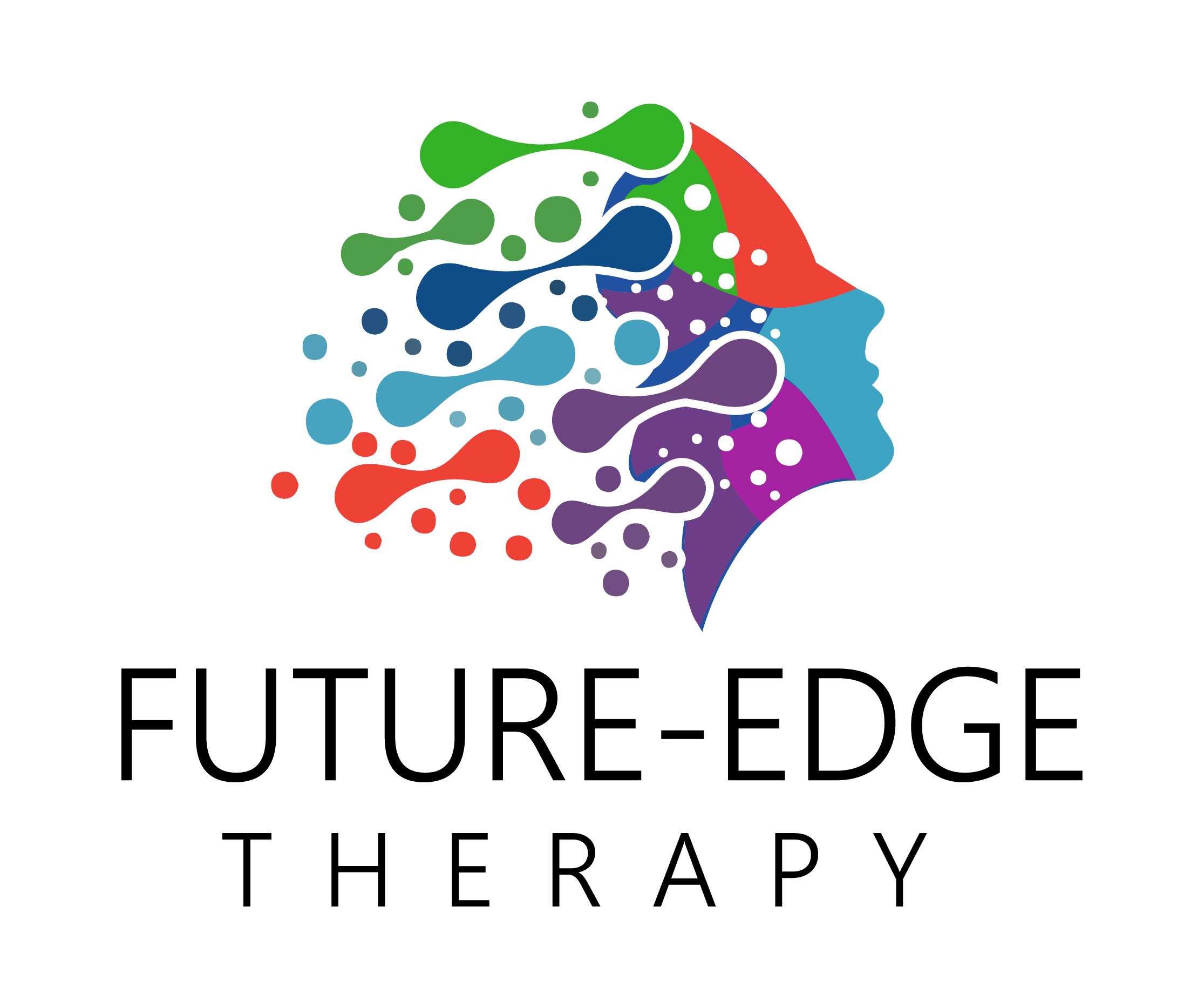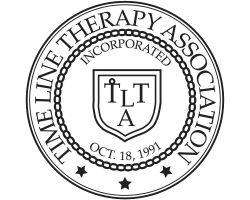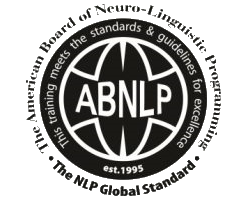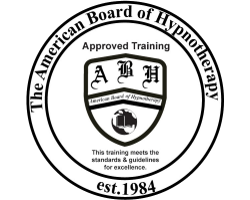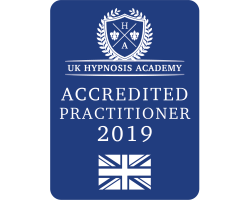Trauma Therapy & PTSD Counselling Near You
The benefits of working with me
With over 23 years of experience as a trauma therapist and PTSD counselling specialist, I understand what it takes to help people get their lives back on track. As one of the most popular and well-reviewed PTSD and trauma therapists throughout Bedford, Northampton, and Milton Keynes, you can be confident that you’re in safe hands.
- Feel and see a change within yourself immediately
- Experience deep relaxation
- Have instant control and confidence during and after your session
- Allow your subconscious mind to function on making the connections and links it needs to from the suggestions which were made during the session.
Alongside hypnosis, I use a combination of several techniques to quickly dissipate your unwanted strongest negative feelings and emotions. Once these are under control, changes happen rapidly.
I work differently, using my skill set to move your mind and focus forward. For the brain to repair and reconnect it needs to set goals and see value in the future. Using these as my guidelines we work together to create your new direction quickly.
How long will PTSD Counselling take?
Effective treatment with a PTSD counsellor usually takes between 7 – 12 sessions but in some cases could continue for some time. Sessions are one hour long and at times it may be necessary to ask you to complete additional work, exercises, and techniques at home to guarantee continued success. In essence, I want to teach you self-care and what to do when you need to manage your thoughts.
I use an ‘Integrated Therapy System’ or ‘ITS” using the best of several techniques to quickly dissipate your unwanted strong negative feelings and emotions. Once these are under control, changes happen rapidly.
Sessions are priced as a package of 7 one-hour meetings (either in person or online) to enable a plan to be followed, greatly increasing success rates for clients. The initial discovery call can take place either in person or over Zoom (video conferencing), the telephone or face-to-face at Bedford Heights. This ensures you get to know exactly how I work and for us both to see if we can work together. The discovery call allows you to explain exactly what you want to achieve during our work together. This is a no obligation session and not charged if you choose not to book a package. We no longer offer individually priced sessions or one-offs. However the 7 session package offers very good value for money.
Book a free discovery call to find out how I can help you further, no matter whether you’re based in Bedford, Milton Keynes or Northampton.
 7 ways to combat anxiety - Free ebook
7 ways to combat anxiety - Free ebook
